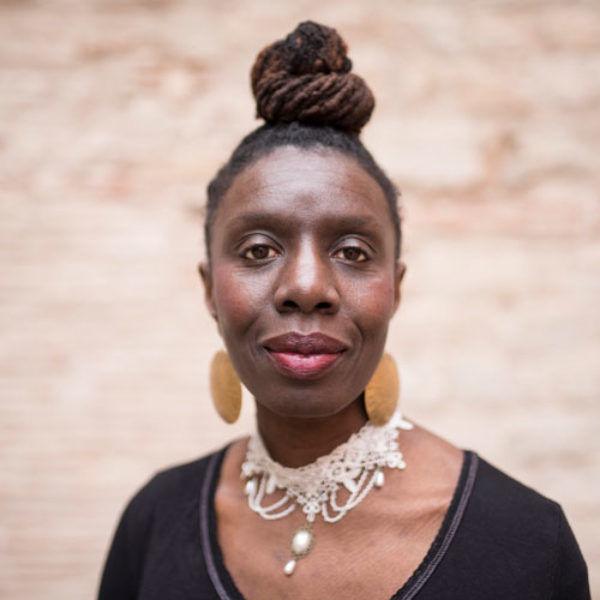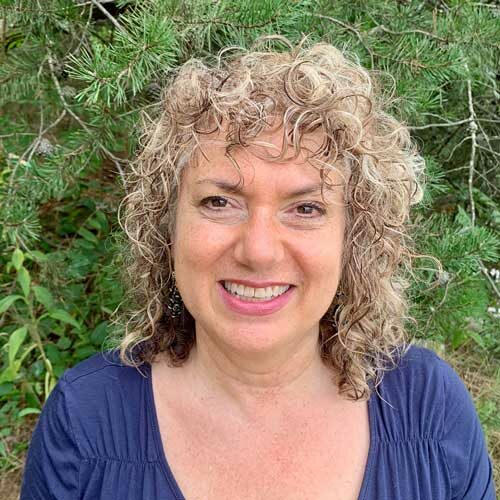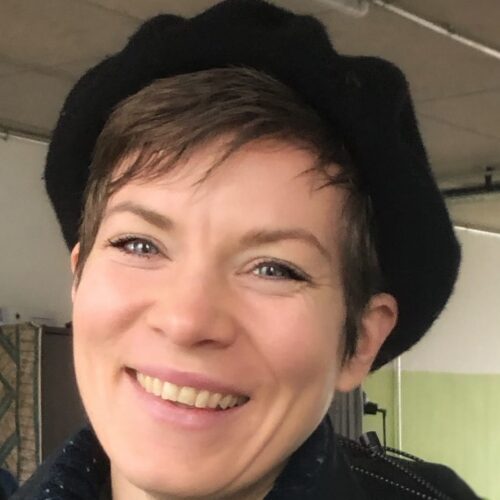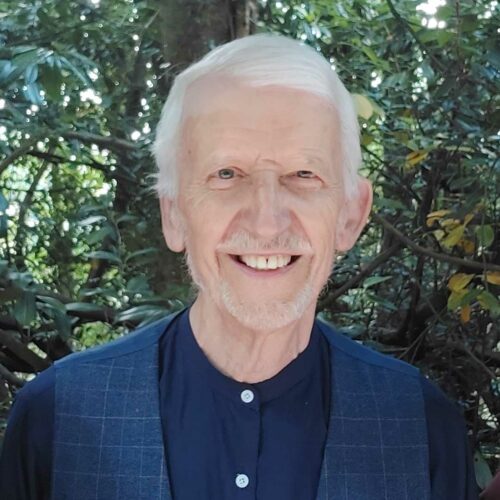How many choices will you make today? Which ones are likely to lead to happiness and which to suffering? Often we have many more options than we think we do. The Buddha’s teachings offer clear guidance on how to make choices that help us develop our habits, our character, and our karma in a way that leads to peace and happiness and ultimately to complete freedom from every kind of suffering.
With Ayya Santussika recorded on July 28, 2019.
Found our teachings useful? Help us continue our work and support your teachers with a donation. Here’s how.
Discover more from the Dharma Library
-

Compassion is a Political Act
Recorded :
September 20, 2020 This session is invitation for white practitioners and others to join Vimalasara in a discussion on the theme of liberation, the central tenet of Buddhist teachings. No one is liberated until we are all liberated. What if we made explicit that Black Lives Matter was part of the Bodhisattva vow? How would that impact our…
-

Daily Meditation Recordings, with Martin Aylward – Week of Nov 29, 2021
Daily meditations with Martin Aylward.
-

Untangling the Tangle
Recorded :
July 3, 2022 The Buddha often described our practice in terms of untangling the tangles we find ourselves caught in. Together, let us uncover the primary tangles we get tangled in and how we can use our Buddhist practices to become free from these tangles. “A tangle within, a tangle without, people are entangled in a tangle. Gotama,…
-

Daily Meditation Recordings, with Martin Aylward – Week of November 23, 2020
We’re fortunate that Martin Aylward has generously offered to lead our daily meditation sessions for Europe and the UK this week. To find out more about Martin, and view his other recordings on the platform, click here.
-

Daily Meditation Recordings, with Ulla Koenig – Week of Nov 15, 2022
This week’s topic is Kindle the Flame. Metta practice, which nourishes the heart’s capacity for friendliness, brings many benefits. It softens our relationship to ourselves, nourishes us with a sense of connection, puts challenges into perspective and offers a safe ground from which we can meet life with a sense of care. We dedicate this week to (re)ignite the flame of metta, using as an inspiration the Karaṇīyamettā Sutta, a famous discourses of the Buddha.
-

Daily Meditation Recordings, with Sophie Boyer – Week of Mar 11, 2024
This week’s topic is “To Be on the Road Without Leaving Home”. Zen Master Hakuin reveals an apparent tension between movement and stillness in this statement. What may the road refer to? What is called home? Sophie Boyer will lead our Daily Meditations this week, inviting us to engage with this paradoxical dynamic. We’ll discover that stability and ground can become more spacious in every situation, every experience, and every condition. How it is possible to discover, or re-discover, home … endlessly.
-

Daily Meditation Recordings, with Kaira Jewel Lingo – Week of May 18
We’re fortunate that Kaira Jewel Lingo has generously offered to lead our daily meditation sessions for Europe and the UK this week. Links mentioned during these sessions can be found at the bottom of this page. To find out more about Kaira Jewel, and view her other recordings on the platform, click here. Monday, May…
-

Daily Meditation Recordings, with Christopher Titmuss – Week of 09 December, 2024
We’re delighted to have Christopher Titmuss guiding our Daily Meditation sessions this week. May they support and deepen your practice.
This week’s theme is: Liberation Of The Heart
Join Christopher Titmuss for a week exploring the Brahma Viharas – the Immeasurable Ways of Being.
The Brahma Viharas, traditionally known as Divine Abidings, point to something boundless in our human experience. While Brahma literally means “God,” its deeper root meaning is “Immeasurable.” The Buddha taught four specific ways to dwell in this immeasurable space: through radical love, compassion, appreciative joy, and equanimity.
Over five morning sessions, Christopher will offer an overview of these teachings and explore each of these profound ways of abiding. By radical, we mean getting to the very root of what matters most.
Whether you come with an open heart or a closed one, whether you’re new to meditation or a seasoned practitioner – all are welcome to join these transformative sessions.
Our Dharma Library thrives through collective generosity. Your donation helps sustain this offering for our entire community.







Discussion